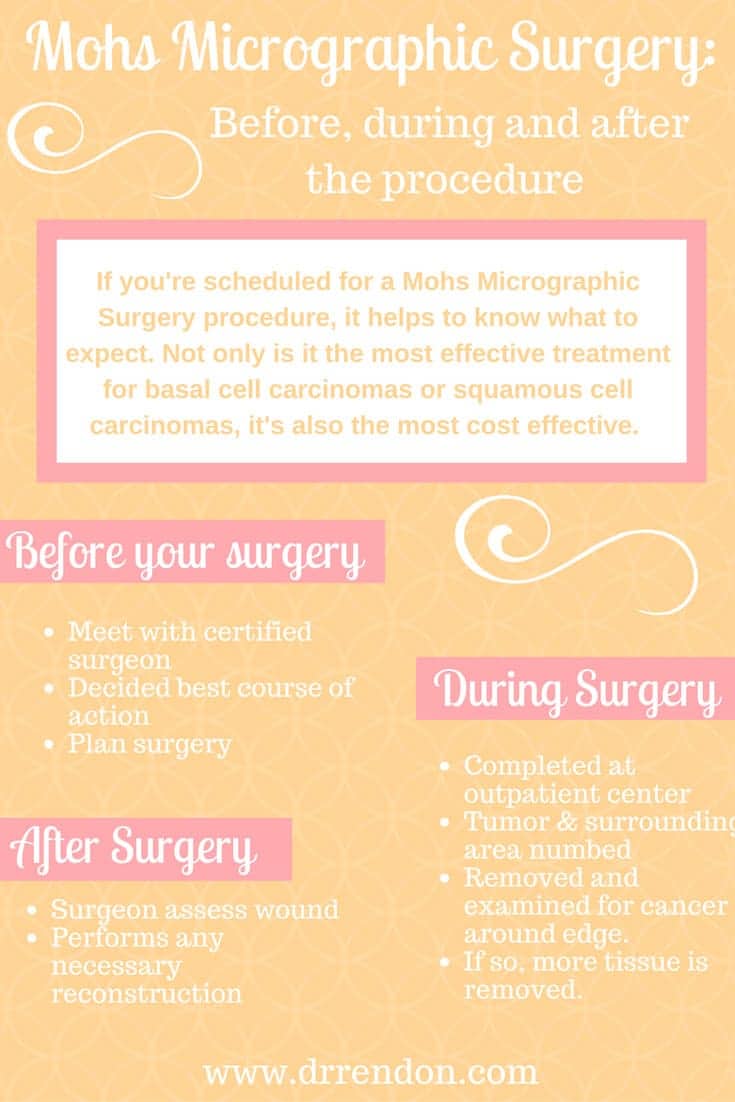Misconceptions And Facts About Acne: Debunking Common Misconceptions
Misconceptions And Facts About Acne: Debunking Common Misconceptions
Blog Article
Material Writer-Haney Watkins
You may think that delighting in delicious chocolate or oily foods is the source of your acne, but that's just one of several myths swirling around this common skin problem. In fact, acne largely stems from stopped up hair roots, not your last treat. Misconceptions like these can lead you to take on inefficient skin care techniques that may also worsen your situation. As you browse the realities behind acne, you'll uncover insights that could transform your method to skin care and help you attain more clear skin. So, what really lies below https://cold-laser-therapy55432.activablog.com/31496184/the-scientific-research-behind-acne-treatment-exactly-how-ingredients-work-to-clear-skin ?
Common Myths About Acne
When it involves acne, many people rely on usual myths that can bring about complication and disappointment. One common misconception is that consuming chocolate or oily foods creates acne. While diet can influence skin health, the direct web link between specific foods and acne isn't as specific as several believe.
Another usual false impression is that you must scrub your face intensely to clean up breakouts. In truth, aggressive rubbing can irritate your skin and get worse acne.
You may additionally think that acne only affects teenagers, yet grownups can experience it too, typically because of hormonal adjustments or stress and anxiety. Some people believe that sun tanning can improve acne, but sun exposure can really cause skin damages and aggravate breakouts in the long run.
Lastly, several believe that making use of extreme products will certainly eliminate acne quickly. However, these products can strip your skin of its natural oils, bring about enhanced irritation and even more outbreaks.
Scientific Facts Behind Acne
Recognizing the scientific truths behind acne can encourage you to tackle this common skin condition better.
https://theconversation.com/thinking-of-getting-a-minor-cosmetic-procedure-like-botox-or-fillers-heres-what-to-consider-first-161271 happens when hair follicles end up being clogged with oil, dead skin cells, and germs. This process often begins with an overflow of sebum, the oil your skin normally creates. Hormone modifications, especially throughout the age of puberty or menstrual cycle, can cause this excess oil.
Bacteria called Propionibacterium acnes prosper in these clogged pores, resulting in inflammation. When your immune system reacts, it can cause soreness and swelling, resulting in those pesky pimples or cysts.
Genetics also play a role; if your parents had acne, you might be extra prone to it.
Diet plan and anxiety levels can affect acne too, but research study is still developing in these areas. While delighting in greasy foods won't directly cause breakouts, a well balanced diet can support your skin wellness.
Furthermore, handling tension can reduce hormonal variations that may intensify acne.
Tips for Taking Care Of Acne
Managing acne properly requires a combination of everyday skincare practices and way of living adjustments. Beginning by developing a regular skin care routine. Clean your face two times a day with a gentle, non-comedogenic cleanser to get rid of dust and excess oil. Avoid rubbing also hard, as this can irritate your skin and worsen acne.
Next, include products having salicylic acid or benzoyl peroxide to assist avoid breakouts. Constantly follow up with a light-weight, oil-free moisturizer to keep your skin hydrated. Don't forget sunscreen; select non-comedogenic alternatives to protect your skin from UV damage without blocking pores.
Beyond skin care, take note of your diet. Restriction sweet and oily foods, and concentrate on fruits, vegetables, and whole grains. Remaining hydrated is critical, so drink a lot of water throughout the day.
In addition, handle anxiety with activities like yoga, meditation, or workout, as anxiety can cause outbreaks.
Last but not least, prevent picking or popping pimples. This can cause scarring and further swelling. If your acne persists, speak with a dermatologist for tailored therapy alternatives.
Final thought
In conclusion, it's essential to different fact from fiction when it concerns acne. By debunking common misconceptions, you can much better recognize your skin and make educated options for your skincare regimen. So, why continue to rely on outdated ideas when the truth can equip you? Welcome much healthier habits, concentrate on gentle cleaning, and remember that managing acne is a trip. With the right expertise, you're one action closer to more clear, healthier skin.
